I returned from my first trip to Cuba sporting a glowing tan, whistling to the hymns of the Buena Vista Social Club, and expressing a newfound snootiness for coffee. My more recent trip to Cuba, however, was less romanticized and involved a more “nacional” experience where I gained a more in-depth perspective of life on the island. Along with Cuban friends and family, we toured the country from Baracoa to Havana, taking national buses, hopping on the backs of trucks, and squeezing our bums on hand-made seats in 80s caravans.
As a first-generation American-born Dominican, I am blessed with the ability to speak the Caribbean Spanish dialect. And as such, I was often mistaken for an eastern Cuban which helped me assimilate and made it easier to have a participant-observational experience. I was emerged and immersed into the deeper inner crevices of the island. And like Icarus who flew too close to the sun, the exposure burned, but in a cathartic way.
Below are a few of many surprising things that particularly resonated with me about everyday life in Cuba.
Table of Contents
Politics in Cuba can be Incessant
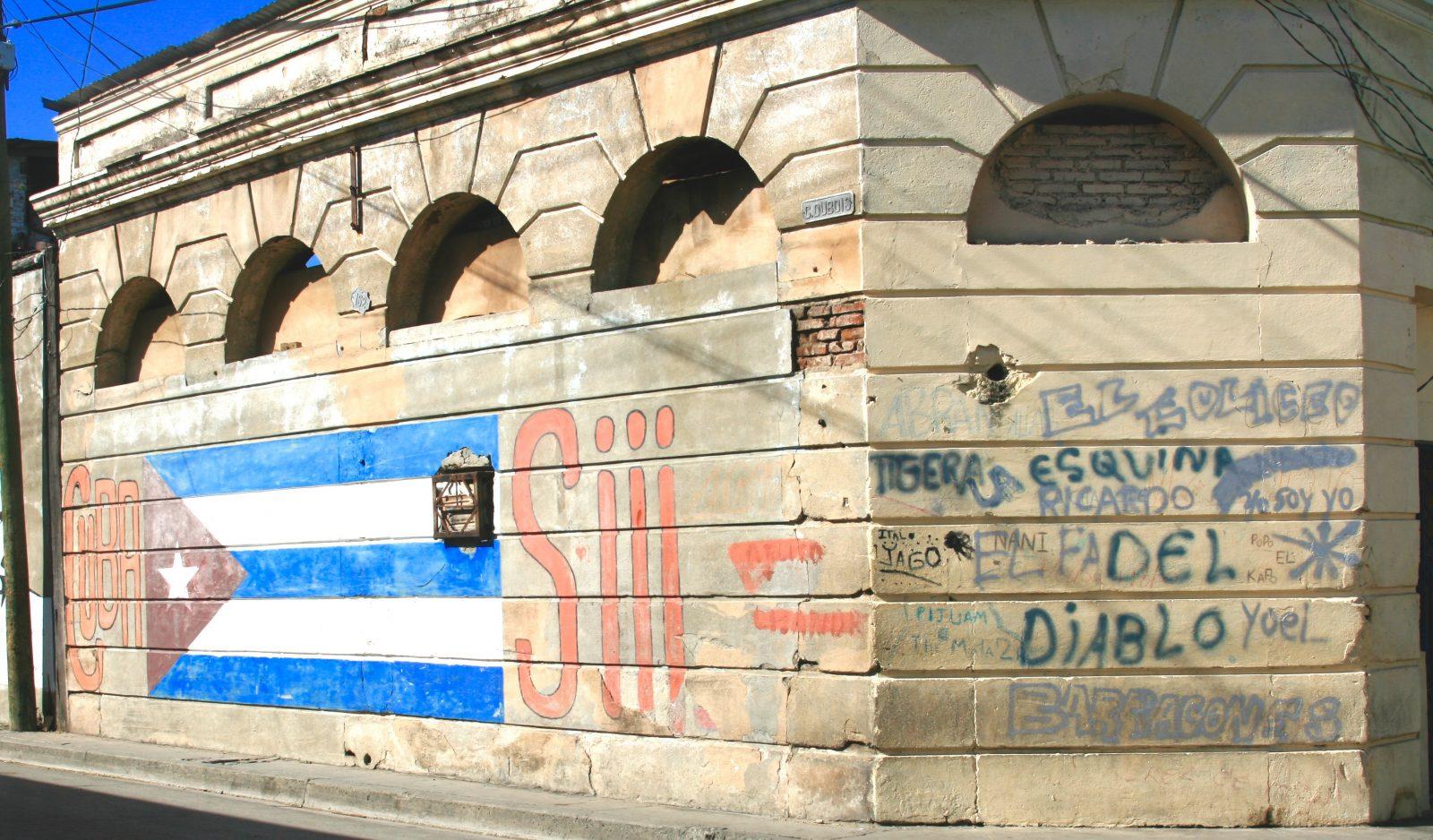
There is a thick, constant, electrifying political cloud hovering over the island of Cuba at all times. Both domestically and internationally. From the adornment of streets, establishments and highways with homages to political figures, to the many Cubans that will talk your ear off about politics. Politics is everywhere in Cuba.
A mí no me gusta la política pero yo le gusto a ella.
– Song lyrics used on me by Cuban friends
Some Cubans are revolutionists, they strongly support the Castro administration. While others are what the Castros call anti-revolutionaries, they oppose Cuba’s one and only party. But a growing number of Cubans, especially of the younger generation, claim a strong dislike and apathy for politics; maybe they’re just like many politically apathetic Americans or maybe some are scared of talking and/or feel hopeless.
Family dinners were often fueled by overwhelming political discord ignited by yours truly. “Everything is illegal here” – bank worker aunt. “Don’t even mention that damned revolution to me. I don’t want to hear it” – toothless father in law, ranting about the inefficient dental healthcare system. “B-but everyone knows Cuba has some of the best doctors in the world?” I stammered.
But in another house dinner the next week: “OF COURSE, I am a revolutionary and PROUD of it!” – Cuban mom.
The overwhelming circular arguments about the effects of the Castro administration can make anyone’s head spin. The two radical sides usually point their fingers at either the Cuban government or the U.S. government. If you really sit down and listen objectively, you will find there are excellent points made by both sides.
Cars are Exorbitantly Overpriced in Cuba
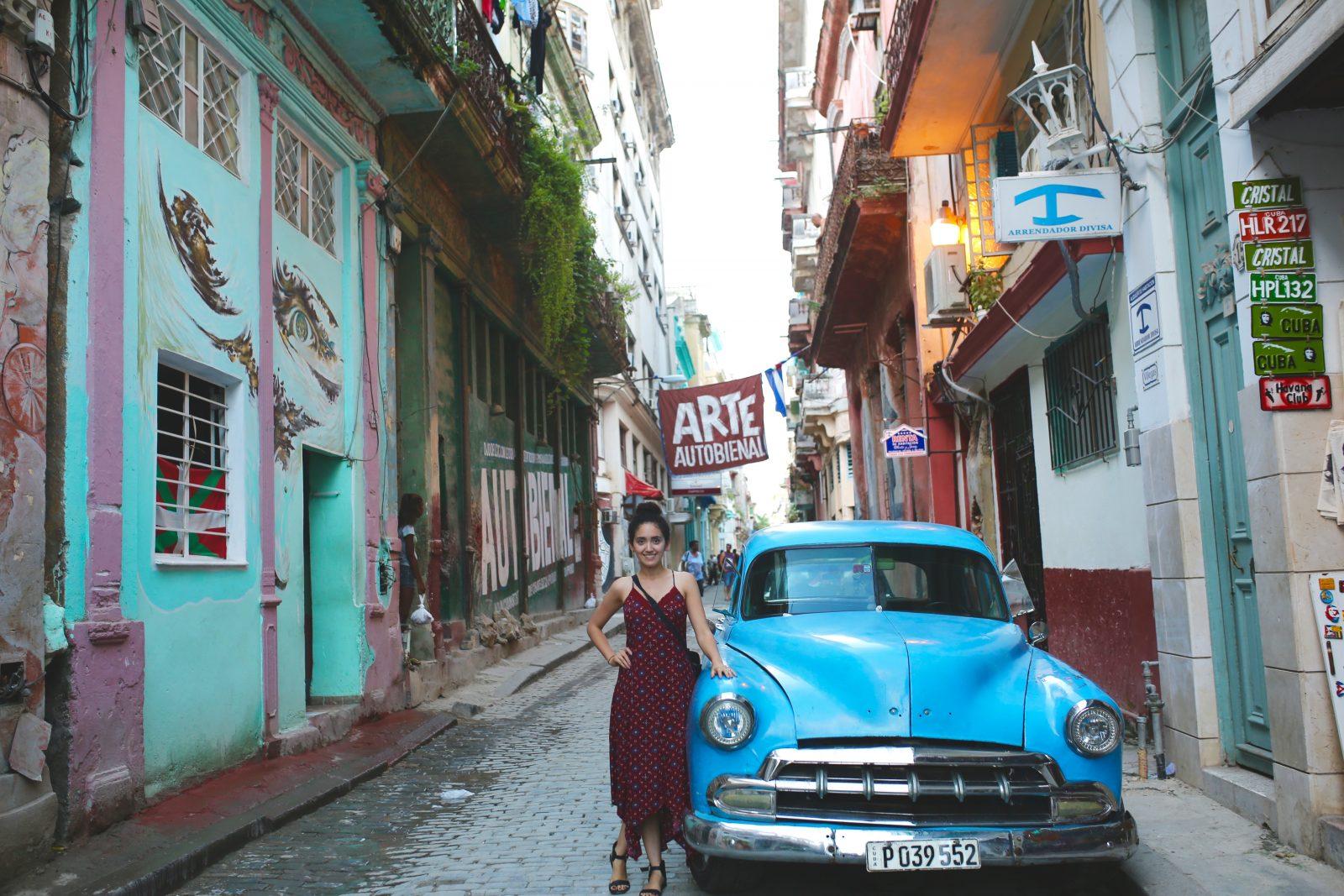
Yes, even the nearly broken-down, dangerous, old rusted ones. This 50’s car (pictured above) is worth approximately $12,000 USD.
If that’s the price for a 50+ year old car, imagine how much a brand new car costs. In Cuba, sales for new cars began in January 2014 after a half century of restrictions on the domestic market. But the catch? These new cars are marked up exorbitant prices. A 2013 Peugot 503 that would normally cost approximately $52,000 in the U.K. is being sold by the Cuban government for approximately $263,000.
Why? Nobody can give me an economically-sound answer. The Cuban-American exiles scream “Because Castro!”
For a list of real-time car prices, check out the Cuban craigslist’s car section at Revolico.
Cuba has an Underground Offline Version of Netflix

Necessity is the mother of invention. Strict communist laws, along with the still-standing U.S. embargo against Cuba, have turned the country into an island of hackers, hustlers, and DIY engineers. Innovation has been the answer to the scarcity which many Cubans face in their day-to-day lives. Many of the several unique inventions are innocuous, some are lucrative black market businesses deemed illegal by the Cuban government, while others have revolutionized Cuban life.
The most revolutionary of innovative systems has been El Paquete Semanal. The weekly package is an offline pirated media collection of digital material distributed on Cuba’s black market via USB sticks for about $1. It includes the newest TV shows, sports games, songs, local classified ads, movies, viral YouTube clips, international news websites, computer applications, and more. This means that some Cubans are actually more up to date with American pop culture and current media events than many Americans living in the United States!
Getting Around in Cuba Means Hitching a Ride

Commuting in Cuba usually means hitching a ride (pidiendo botella). Throughout the countryside, Cubans wave dollar bills on the side of roads hoping to catch a ride to school or work. In Havana, almendrones are shared taxis that go up and down specific routes for .40 cents. Buses range from the city buses (which are almost free) to a new black and yellow “Collectivo” bus that charges a tiny little more but is more reliable.
For long-distance, we got around the country hitching rides in cars or trucks of “unlicensed” (no permit to run a business) drivers. With the unlicensed long-distance drivers, someone always had to sit in the front to seem like friends in case we got pulled over.
Getting around the island can be done in a variety of ways for Cubans. But they all require time and waiting, lots of it. From subsidized Cuban-priced domestic flights (via stand by, only available if no tourists want to buy a seat) to my favorite: heading to the Omnibus bus station on the day and time you want to leave, and asking a truck driver if they will let you sit in the back of their truck for $10 to go 20 hours across the country. Other options include the national Cuban-only buses for Cuban peso rates. I was able to get by as a Cuban and was never asked for ID for these buses.
For shorter distance? Cubans will walk it.
The Average Monthly Salary in Cuba is Relatively Low
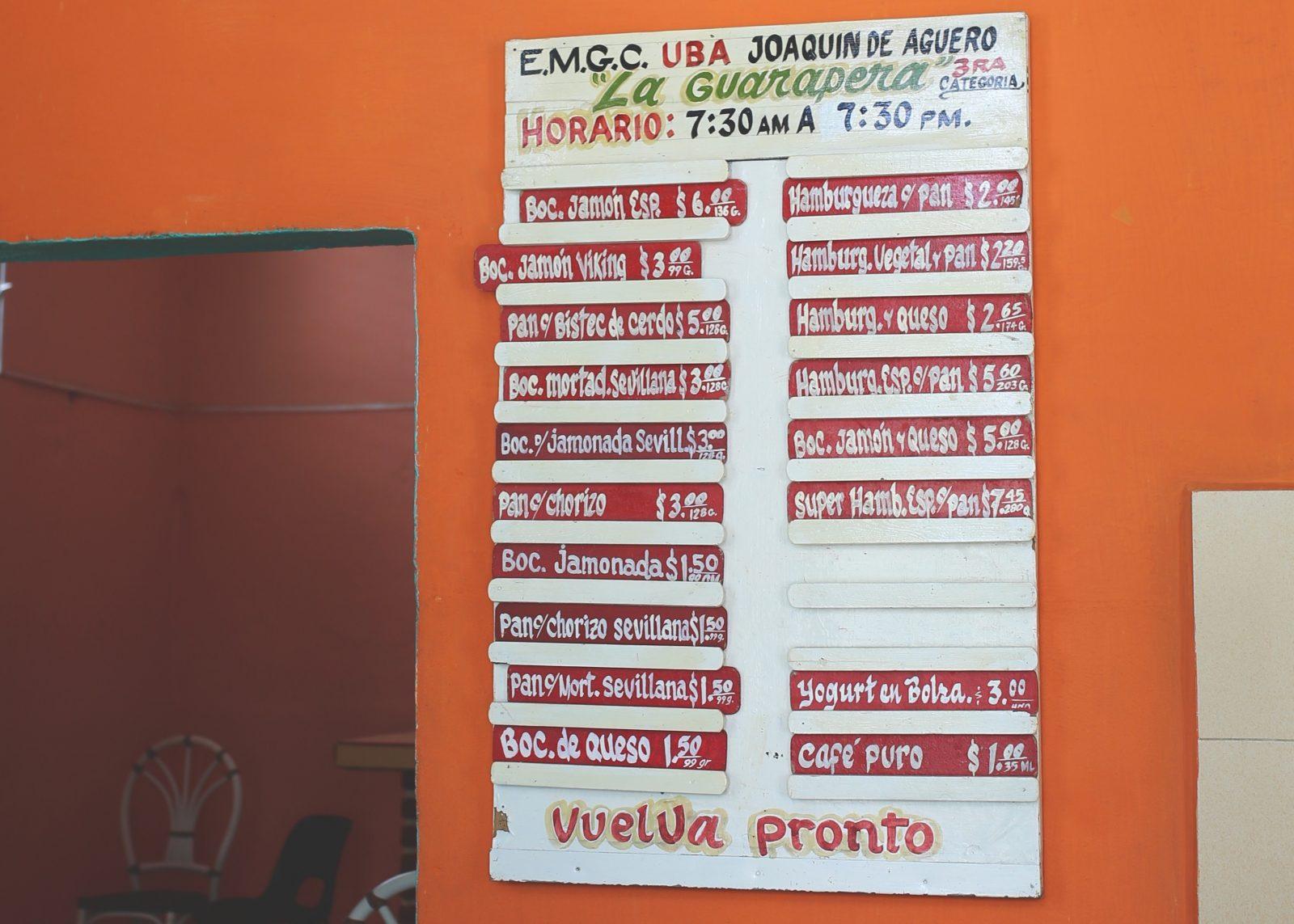
25 CUP = 1 USD
The average salary for a Cuban is about $25-30 per month. This is very low! Yes. But wait. Cuba is not the poorest country on earth. While this figure is definitely low by American/European standards, we must think relatively. The poorest Cuban still has more than the poorest Haitian, Honduran, Dominican, Mexican, and Jamaican. Cuba provides their own version of food stamps to every single Cuban citizen, subsidized or free housing and utilities, free health care, and free education.
So what can you even get for $25-30 a month in Cuba? Excluding the tourist spots, Cubans can get a cup of coffee for .04 cents, buy a sandwich for .08 cents, a pizza for .28 cents, an ice cream for .04 cents, a shared taxi for .40 cents, a beer for $1, a bottle of rum for $2, and the list goes on…
Cuba is one of the Worst Countries for Access to Information and Internet

As of 2017, access to information is much more limited in Cuba than possibly in any other part of the world. There is no way to argue this. Although by 2019 there is more access to mobile internet and public spots with wifi in Cuba… it’s still out of the reach of the average Cuban making $20/month.
It’s hard to imagine such a life when we live in a society that expects a constant and instant connection to the internet. If we ever ponder a question we simply Google it. Whether we have a question about a recipe, a treatment for a malady, or about our rights, we have a plethora of information disposable at our fingertips within seconds.
But in Cuba, less than five percent of its 11 million residents have access to the internet. Very few Cubans have the luxury of the internet in their house or cell phones. Internet is $1 CUC per hour, in a country with an average monthly salary of $20. Getting online, even if you have $1 to spare requires making long lines to buy the internet prepaid card (which they run out of every day) and which you can only use in certain government-designated hot spots.
Millions of Cubans have fled to the United States because of the Cuban Adjustment Act
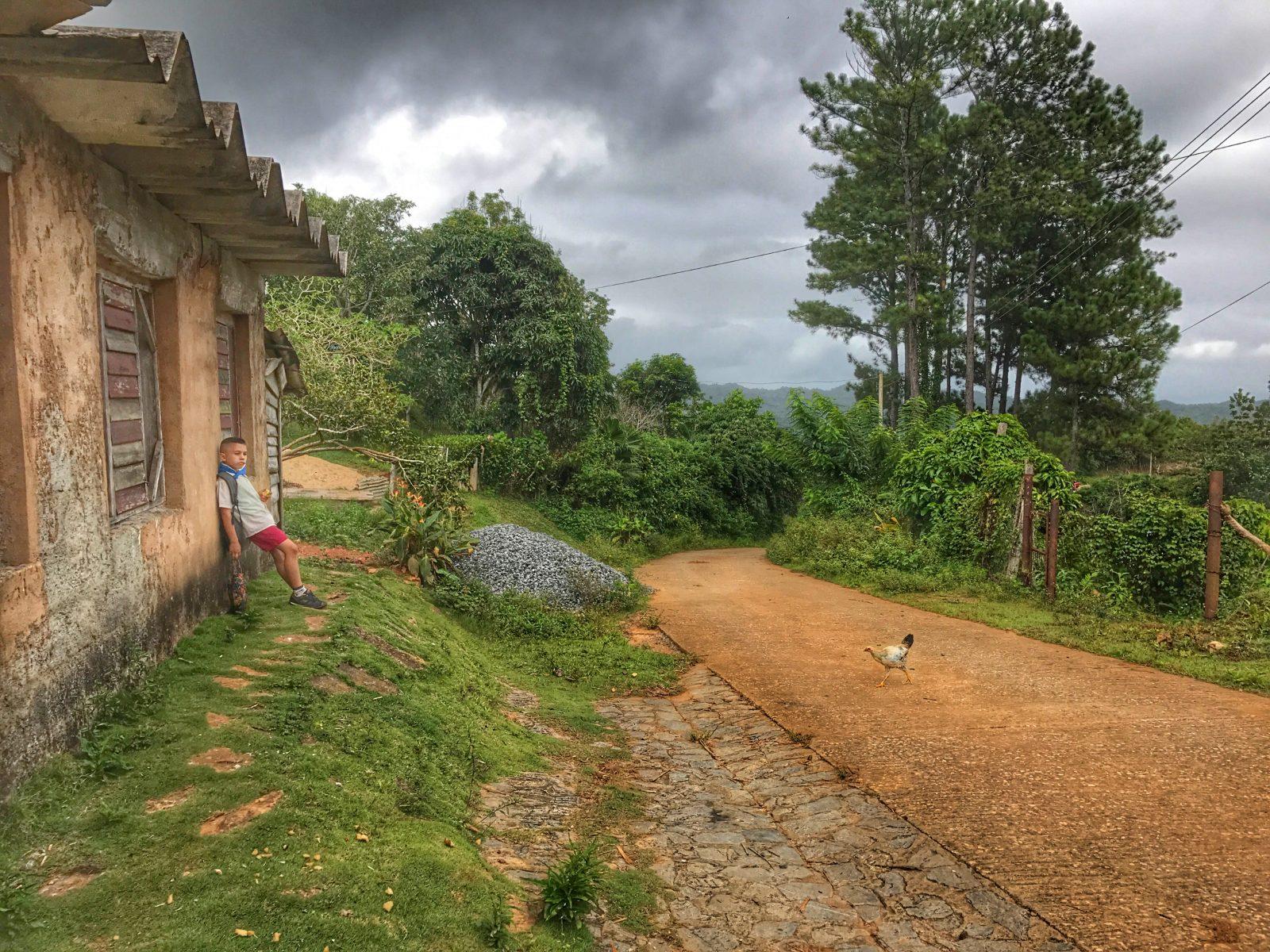
Did you know, that since 1966, the U.S. grants legal residency to any Cuban so long as they step one foot on U.S. soil? The catch? They must not arrive by plane, but they can arrive by dangerous sea or land migrations. No other nationality has this privilege. This is called the Cuban Adjustment Act. And it has enticed and facilitated the migration of millions of Cubans to the shores of Florida.
This, along with the revolution, since the 1950s has created a culture of people disappearing one by one to the U.S., leaving behind an over-plucked population where many, especially the affluent, leave. Some Cubans have expressed the despair of watching their friends and family all around them leave Cuba one by one.
All of my primary school friends [left] the country in an avalanche… [and then] two of my sisters – Luis Rondon Paz
See my full-length Forbe’s article on why the Cuban Adjustment Act is Destroying Cuba
July 2019 update: in 2017 the Obama Administration removed the CAA for the first time in 50 years!

I hope you’ve enjoyed part one of my Facts of Life in Cuba. Please remember to subscribe your email on the upper right-hand corner, and/or to leave any questions or comments below! And click here if you’re interested in my tours to Cuba.


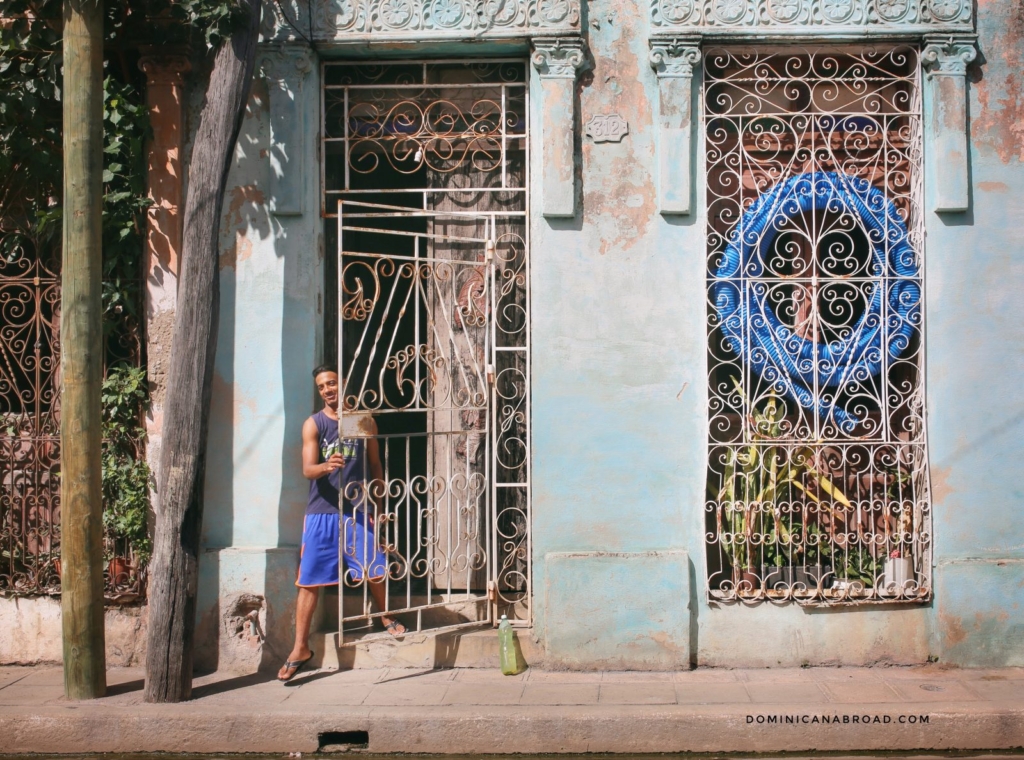
Finding your cuba posts very informative! great mix of historical information and personal touches
Thank you! 🙂
Hi Isabel….I have been to Cuba 20 times or more. My wife is Cuban. The cost and availability of things in her smaller town is ridiculous. Without help from outside they would starve. Without CUC you can get almost nothing, Life is very hard.
You raise a good point. I was referring to more basic things like health, school, transportation (buses are less than 1 penny), eating in a cafeteria is .50 cents, etc. But healthy food is expensive. And many things that tourists can do, are completely out of reach for an average Cuban. Also, the increase in tourism has skyrocketed prices throughout Cuba, and especially in Havana. I really hope something is done about these things.
Wow, this post is so well-written and accurately in its information. A pleasure to read! I stayed 5 months in Cuba some years ago and learned for myself all these things you mention. Really spot on your descriptions! Thanks for sharing – I have shared on Twitter and G+ 🙂 Besos
Thank you so much, Becci! 🙂
Fascinating insights – thank you! I live in Melbourne, Australia but have recently travelled to Costa Rica and was curious to learn more about the wider region.
Hi Isabelle
Your article was superbly written and romantically explained.
I was searching for a meaty and honest articles to translate into Farsi for my old classmate in Iran. I think your article will help much.
Our people from the old country love to learn about other people and their lives.
One person even forwarded an article which was full of exaggeration.
They asked me to helped them to know Cuba and lives of Cubans.
Yours will help to present Today’s Cuba.
Thank you
David kharat
Houston, Texas
Thank you so much!
My son thinks Communism is good and wants to live in Cuba. Any words of advice since he was brainwashed by liberal universities etc